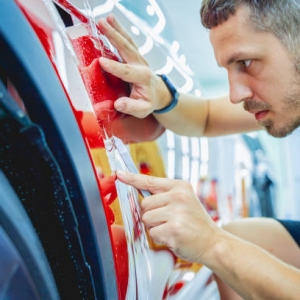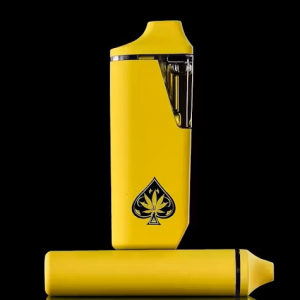When setting up a foodservice operation, one of the most important investments is a commercial chest freezer. Whether you’re running a restaurant, grocery store, or catering business, the right freezer can dramatically improve your storage efficiency, food quality, and operating costs. In this guide, we walk you through key considerations to help you pick a chest freezer that delivers reliable performance over the long term.
1. Size and Capacity: Match to Your Needs
One of the first questions you should ask is: how much frozen inventory do I realistically need to store? It’s tempting to oversize just in case, but too large a freezer may waste energy. On the other hand, a unit that’s too small can lead to overstocking elsewhere or spoilage. Visit the Commercial Chest Freezers section at EMS Global Appliances to see various models and their capacity ratings. EMS Global Appliances
When sizing, consider:
-
Current and projected inventory volume
-
Seasonal peaks in stock
-
Available floor space and clearance
2. Energy Efficiency and Insulation
Running costs over the lifetime of the freezer often outweigh its purchase price. Look for models that use high-efficiency compressors, better insulation (such as thick polyurethane foam), tight gaskets on lids, and low-heat leak designs. Some commercial chest freezers also include energy-saving modes or smart defrost cycles.
3. Temperature Consistency & Airflow
A good commercial chest freezer maintains consistent temperatures throughout, even when the lid is open briefly. Uneven cold spots or temperature drift can compromise food safety. Models with well-placed evaporator coils, well-designed air circulation, and proximity fans can help minimize dead zones.
4. Lid Design & Accessibility
The lid is a crucial part of usability:
-
Flat lids are easier to stack items on.
-
Glass lids provide visibility and convenience in some retail applications.
-
Lift lids must have strong hinges or stay-open systems.
-
Sliding lids save vertical clearance in tight spaces.
Also, ergonomics matter — lids should be easy to open without strain and seal tightly when closed.
5. Drainage, Defrosting & Maintenance Features
Manual defrosting can be labor-intensive and disruptive. Many commercial chest freezers offer off-cycle defrost or built-in drainage systems that make maintenance easier. Removable baskets, insulated walls, and accessible service panels all help with day-to-day cleaning and upkeep.
6. Durability & Build Quality
In a commercial setting, the unit will see frequent use, possibly in a hot kitchen environment. Look for:
-
Stainless steel or corrosion-resistant exteriors
-
Strong hinges and hardware
-
Heavy-duty compressors
-
Warranty and serviceability
These features ensure the freezer continues operating reliably for years without constant repair.
7. Noise, Ventilation & Location
Ensure that the freezer’s compressor and motor don’t generate excessive noise in your environment. Adequate ventilation clearance is essential to dissipate heat. Avoid placing the unit in tightly enclosed spaces unless manufacturer guidelines permit it.
8. Price vs Total Cost of Ownership
Don’t judge solely by the upfront price. A low-cost unit with poor insulation or inefficient parts may cost more in energy bills or repairs over time. Compare:
-
Energy consumption (kWh/year)
-
Expected life span
-
Warranty & support
-
Spare parts availability
9. Brand & Support Network
Choosing reputable brands ensures parts and support will be available. When browsing EMS Global’s commercial chest freezers, you’ll find many trusted brands backed by solid support. EMS Global Appliances Also check that the vendor offers good after-sales support in your area.
10. Placement & Integration
Plan where the freezer will go in your facility:
-
On a level surface
-
Close to power outlets
-
Accessible for staff
-
With proper ventilation clearance
Ensure that it integrates smoothly with your operational workflow.
Final Thoughts
Investing in the right commercial chest freezer can have a big impact on food quality, energy bills, and operational efficiency. By carefully considering capacity, energy use, insulation, lid design, and serviceability, you can choose a model that serves your business reliably day in, day out.











